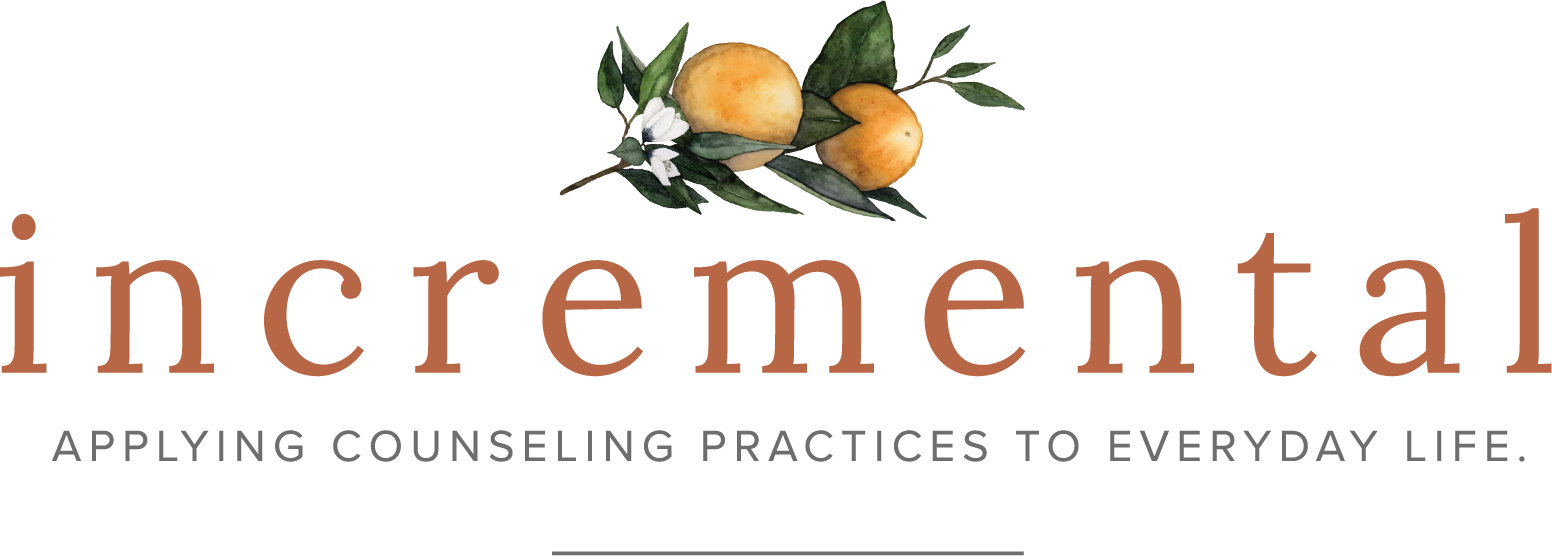Clinging to Potential
Relationships foster growth, intimacy, and vulnerability -- three experiences that for most, make the human condition worth experiencing. We start relationships, usually, with the hope that we'll get to experience all the awfully wonderful things they have to offer. Often, the spark that starts the relationship is "potential."
Potential is such a weird and fascinating construct to me. When ] people say there's potential for something, what the blimp does that mean? And how much potential is enough potential to potentially make something great? What happens if that potential fizzles out? I see this on shows like "The Bachelor" all the time. In an interview during the date, the suitor will say something like, "I see so much potential in our relationship." And then he goes on to kiss everyone and their mother because of the potential that's there as well.
Sometimes potential robs us instead of fuels us. Sometimes potential, frankly, ain't dat great. So, how do we leverage potential in relationships for the sake of its growth, and when does waiting around for potential become detrimental?
John Gottman, literally the straight-up hustler of relational psychology, touches on "potential" in his studies. He notes that regardless of how much chemistry, compatibility, and spark there is between a couple, it's never enough to keep a relationship sustainable because with time potential becomes just that: A notion that dynamic, connection and chemistry can reach an ultimate peak. That ish takes work.
So, to turn potential into something tangible, Dr. Gottman offers nine components of healthy and banging relationships, and he does it through this cute (albeit crappy design -- yo, Dr. Gottman, hire a designer!) of a house.
Check it:
Nine things. That's a lot. And clinging to potential sometimes blinds us to the work that it takes to keep it going.
So, how do we get ourselves unstuck from the notion of potential? I shat you not, it's actually pretty easy -- be real with yourself and be real with your partner. Have a conversation that addresses these questions:
1. Do you have higher expectations than your partner because of the "potential" you see in them?
2. Do you get frustrated when things aren't as good as you think they can be?
3. Do you undermine your values or needs because you think to yourself, "It'll just take more time for things to get better. Eventually, they will do X, Y, Z."
If these answers yield some negative results, chances are, you or your partner are fixated on "what could be" instead of working to improve on "what is." And if that's the case, then it might be time to evaluate. Does it look like you both are ready to commit to improving "what is," or does "what is" not provide enough fuel for the work involved in "what could be?"


